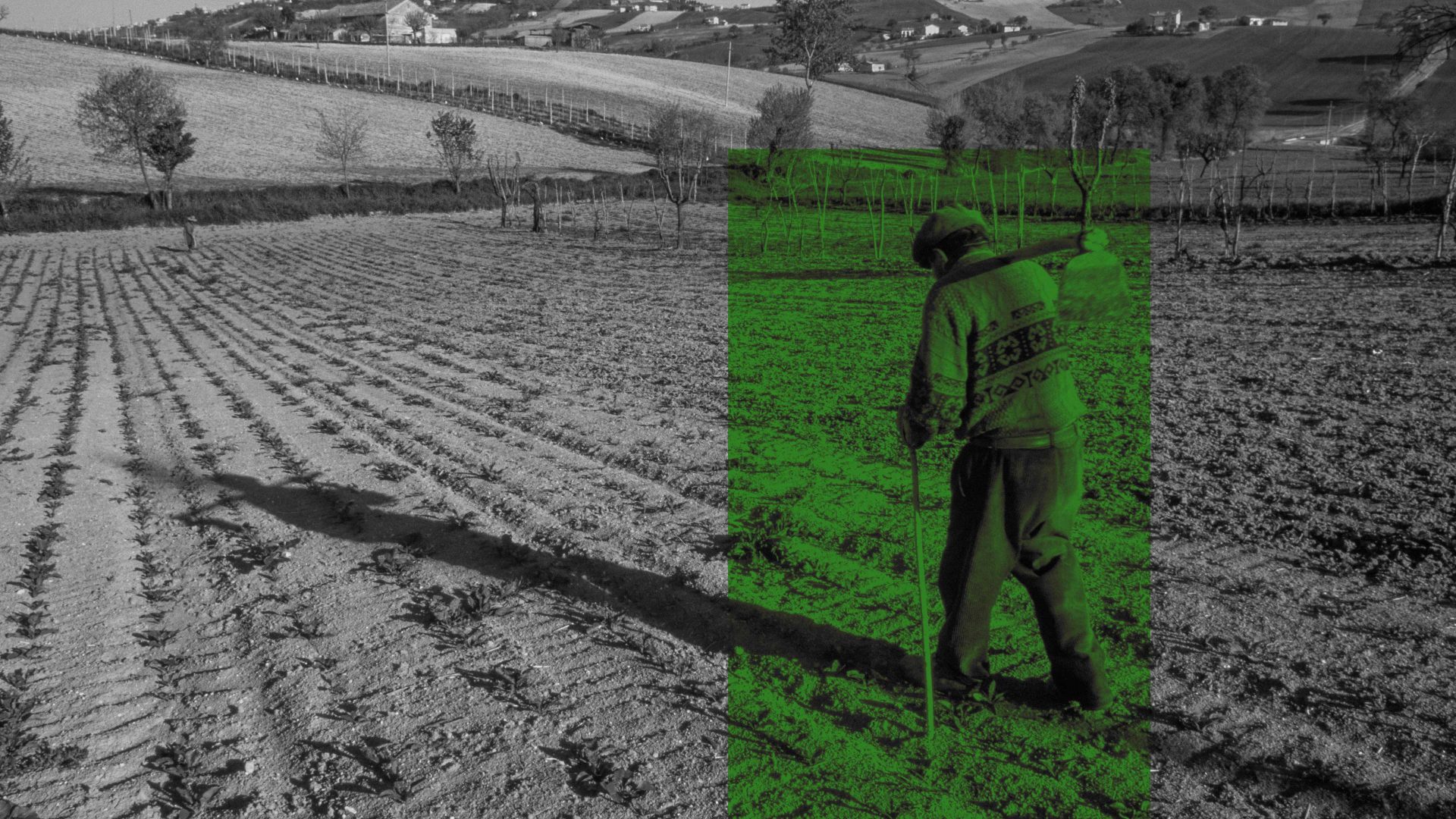Just one hour outside Rome, Punjabi-Sikhs are being forced to work day and night in brutal conditions.
“One of your distant cousins is going to be living in Italy in December, Jess. Not too far from you as well. In a small town somewhere between Rome and Naples,” my Nani ji said to me when I went up to the Midlands (joyless Kettering to be exact) to visit her back in May.
“Oh really, what for?”
“He’s got a farming job out there,” she responded.
It wasn’t the first time someone had uttered the words farming, Indians and Italy to me all together in the same sentence. A month ago, my doctor, upon learning that I’m half Punjabi, mentioned that people from there are superb farmers.
I wasn’t in the least bit surprised. The Punjab is widely known in India as “the granary” or “the bread basket”. I remember my Nani ji’s childhood village being surrounded by field upon field of crops all growing in abundance. The land there is fertile.
What I was surprised about was why my cousin wanted to up and leave his daily life well into his 30s to go and work in a land unknown to him. It may have been because: first, as of last year, Italy has the largest Indian community in mainland Europe; or second, a lot of Indians, my family included, strongly believe Italians and Indians to be similar. Regardless, my gut instinct told me something stank about the whole thing. It turned out I was right.
“These people are being trafficked and forced to work in a number of inhuman and illegal conditions. There is no denying it, they’re slaves,” says the sociologist Marco Omizzolo.
“You must understand that this type of organised crime is mafia-related, both in India and here.”
Omizzolo, based in the Latina province just south of Rome, is well-liked and respected within Italy’s largest Punjabi-Sikh farming community. It’s easy to understand why – he spent three years researching their exploitation for his PhD back in 2006, during which time he lived with them in their poor conditions for a year and a half. He also worked in the fields for three months, while passing himself off as an Indian.
Since 2009, he has worked endlessly to support those who have been trafficked for labour purposes and has received numerous threats (such as being stopped in the streets and having his property destroyed) by the padroni (owners) of the farms.
One case he’ll never forget is that of Joban Singh, a young farmer who came to Italy full of hope four years ago. Singh was approached by Punjabi traffickers posing as a travel agency. He (like most Punjabi farmers who come to work) was sold the dream of working in Italy, and like those before him forked out tens of thousands of euros for a “visa”.
The dream ended up being a contractless job, working 12 hours a day for six days a week, having a 10-minute lunch break and getting three euros an hour instead of the legal nine for such a job. Not having a contract means not getting a permit to stay. Without a permit, you can’t do anything.
“They’re trapped,” Omizzolo continues. “What was different in Joban’s case was that his father passed away from an illness and he wanted to say goodbye to him. He asked his boss for a contract and the boss said he would have to pay more money to get one. Singh couldn’t do it on the wages he was being paid.
“That same evening, knowing he’d never be able to say goodbye to his father, Joban Singh hung himself from a rafter. He was only 25 years old.”
Omizzolo adds that in the last four and a half years, 16 Punjabi farmers in the Latina province alone have committed suicide. He isn’t sure what it’s like in other regions, but official figures show that 37.8% of Indians coming to the country work in agriculture. This is the largest percentage in terms of occupation and it would be higher if the trafficked, contractless workers were included. While there is no precise number of forced Punjabi farmers yet, the figure is estimated to be in five figures.
Just before I get off the phone with him, Omizzolo adds: “I just want to say, it’s a lot worse for Indian women on these farms than men. Most of the time they’re sexually abused by the owners, on top of being paid a low wage and having no contract.
“It’s dangerous for the farmers to go up against these organised criminals. The farmers have little incentive to come forward, as the justice process is long and they could be punished by the owners. But I won’t stop until their exploitation does.”




